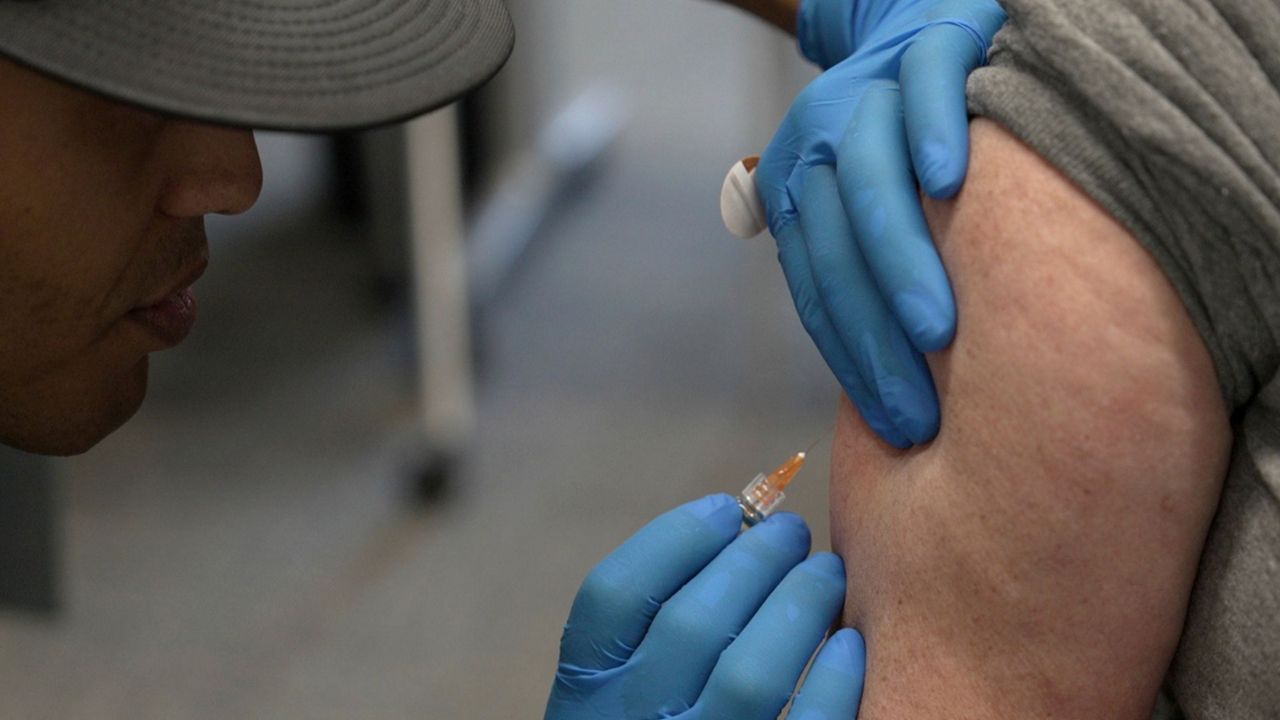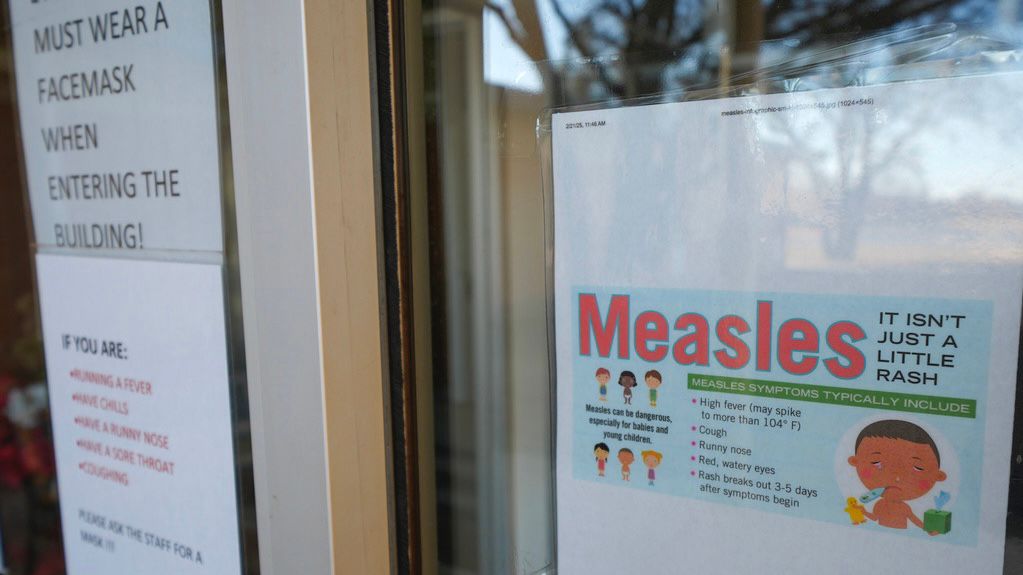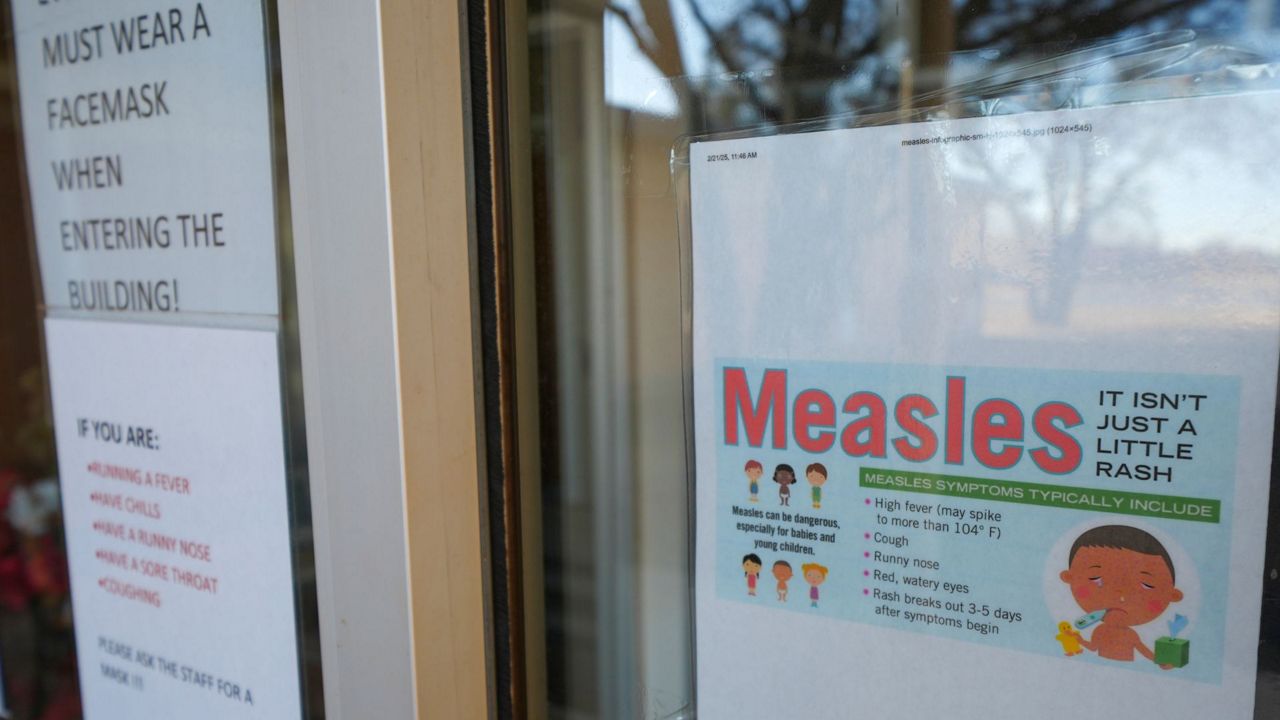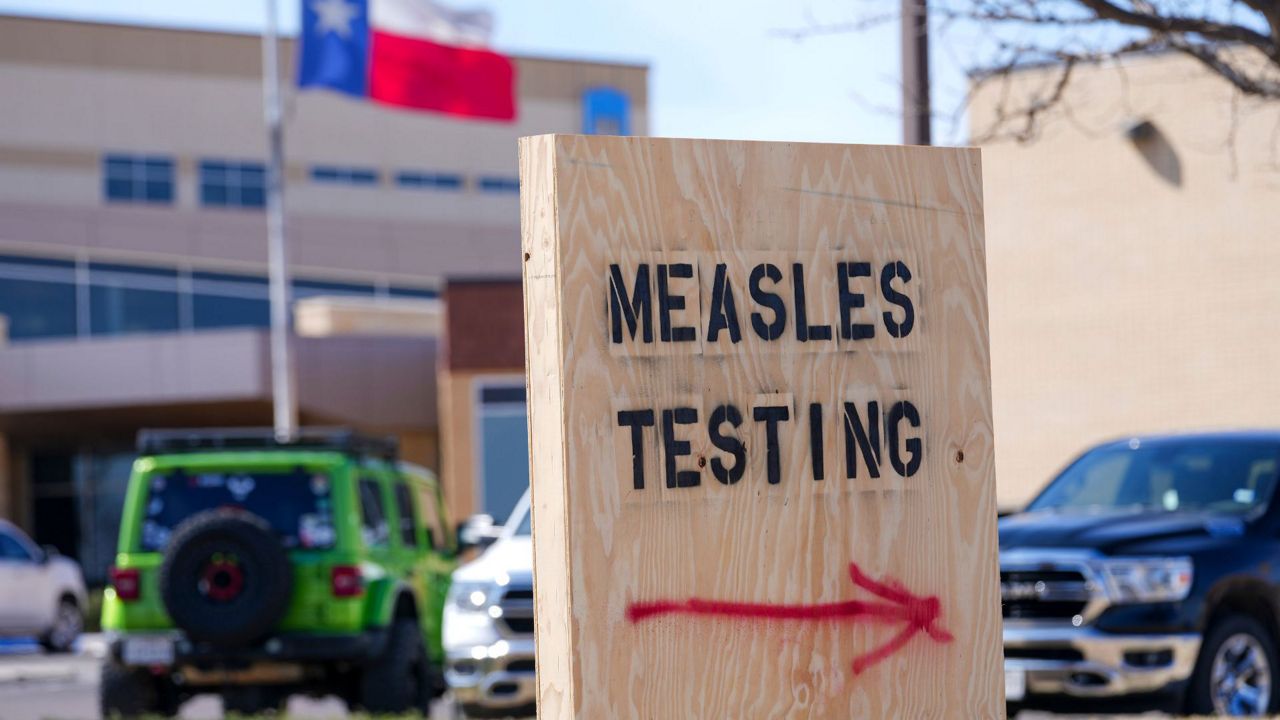GEORGETOWN, Texas — Ron Menchaca checks his blood sugar three times a day, every day. It’s part of a new routine designed to help him navigate life with diabetes.
- Ron Menchaca diagnosed with diabetes in May
- Has since shed 70 pounds
- Feels like diagnosis prolonged his life
“Even though I’m on my journey, this shows quite a bit of how uncomfortable I was,” he says as he points to pictures in his living room featuring a heavier-set version of himself.
Since his May diagnosis, Menchaca has embarked on a journey to change course. He’s shed over 70 pounds and reassessed his relationship with food. This journey has been a shared one for his family, one that has seen them drop processed snacks and meals in favor of healthier alternatives.
Medical experts say Menchaca isn’t alone in this journey.
“There’s about 30 million people in America that have diabetes type 1 and type 2, and many of those are undiagnosed,” said Sandra Spicer-Moore, a registered dietitian with Baylor Scott and White Health.
If left untreated, diabetes could have irreparable damage, specifically to tiny blood vessels throughout the body.
“Ones that feed the eyes and the kidneys and even the large blood vessels of the heart and the cardiovascular system,” said Dr. Spicer-Moore.
While there’s no cure for diabetes, it is possible to have it under control.
“Lifestyles. So making healthy food choices and exercise, and then there’s a variety of medications their doctors may choose to put them on,” said Dr. Spicer-Moore.
One other component is a reliable support system. Classes offered at several Baylor Scott and White locations bring diabetes patients together to share their stories of recovery, offering a sense of community. It’s where Menchaca has learned more about diabetes, and met others just like him.
“Through all the transitions, I learned how to eat, I learned how to portion control, I learned what to stay away from and what I can have just limited,” said Menchaca.
The diagnosis may have changed Menchaca and his family’s lives, but he insists it’s only for the better.
“Even though it’s tragic and no one wants to go through that, it actually turned out to be a blessing because it took me off a road where it would’ve ended my life,” said Menchaca.










